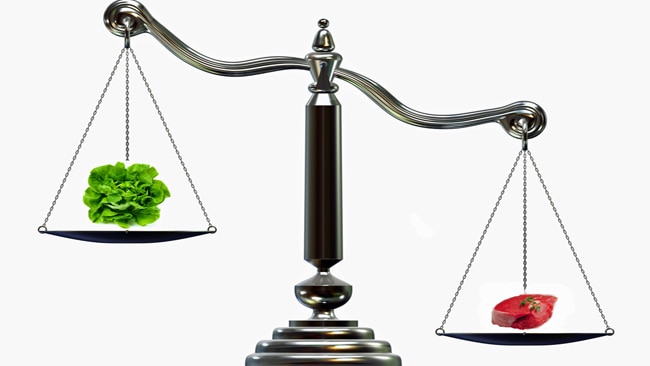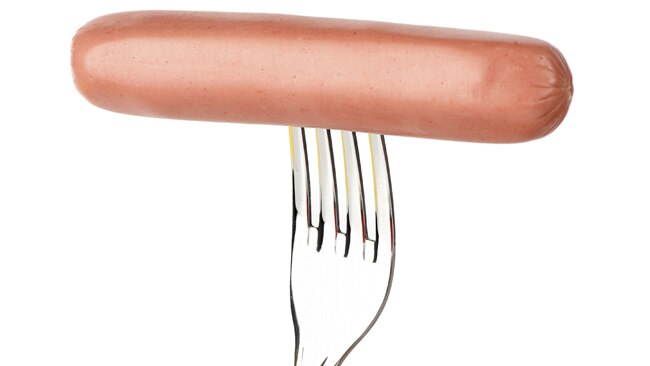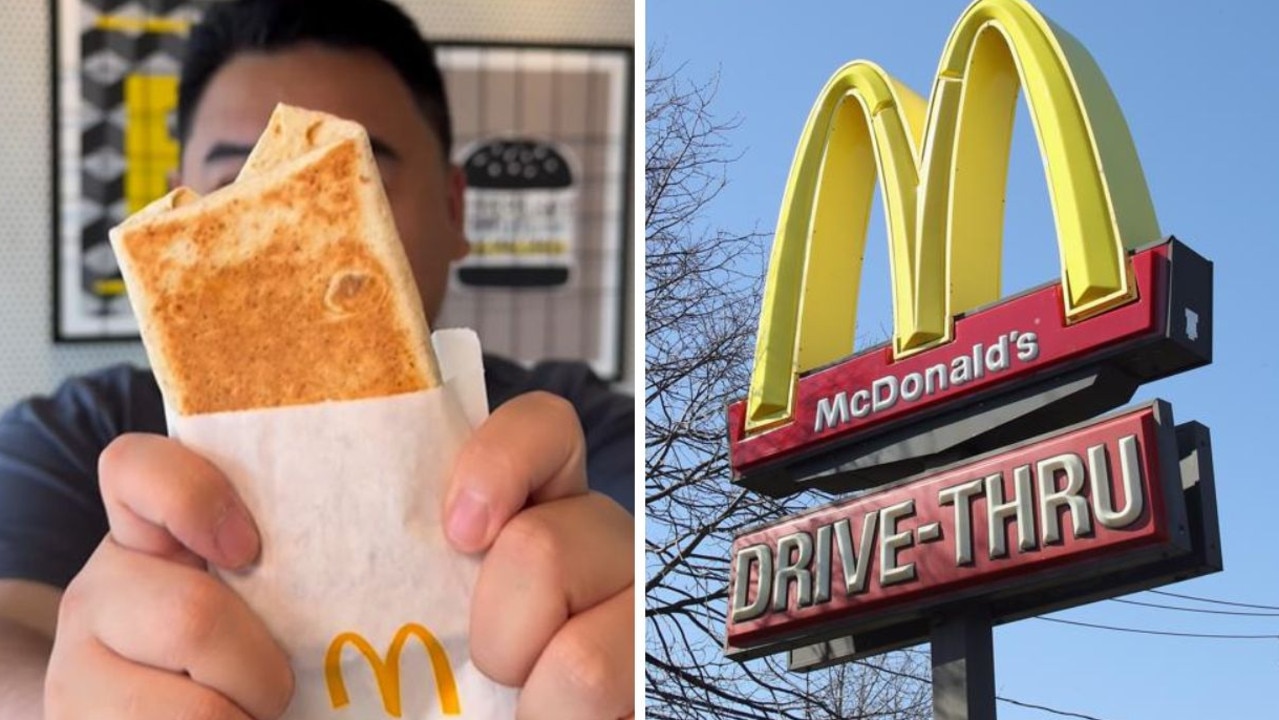Five food trends you don't want to miss
KALE chips, frozen yoghurt and meat that's not meat but tastes like meat...these trends and more are set to take Australia's food industry by storm.

KALE chips, frozen yoghurt and meat that's not meat but tastes like meat...these trends and more are set to take Australia's food industry by storm.
Frozen yoghurt
If you've all of a sudden noticed frozen yogurt stalls popping up e-v-e-r-y-w-h-e-r-e, you're not alone! Tutti Frutti, Orange Leaf, Yo-Get-It, wowcow, Yogoberry, Froyo, YummyBerry - the franchises go on and on.
"With the recent soaring temperatures, it's no wonder frozen yoghurt is trending" Syrie Wongkaew, taste.com.au's commercial editor said.
"We're also becoming more health-conscious and opting for healthier alternatives. Frozen yoghurt allows you to splurge a little without the guilt."
And it's true - loved by health fanatics and foodies alike, frozen yogurt is so popular because it's created using only 1/3 of the dairy fat of normal ice-cream, and you have the option of packing your yoghurt with loads of fresh fruit. Moochi, who have 11 stores across Australia, told news.com.au that they "have recently changed the Moochi yogurt formula so it consists of less sugar."
Yoghurt and dessert bar wowcow have franchises across Australia, and have noticed an increase in frozen yoghurt sales this summer.
"Frozen yoghurt is definitely the most popular product out of everything we sell" a spokesperson for wowcow told news.com.au
"Our flavours change every week, but we always have original and chocolate yoghurt stocked - they're our most loved."
Kale chips
Don't write this trend off before you've tried it - if you find eating greens difficult, give kale chips a go. Doused in olive oil and sea salt, the leafy greens are baked in the oven and are being touted as the healthy version to potato chips. They're high in vitamins A and C, folate, calcium, iron, potassium and bioflavonoids, and by all reports taste delicious...according to cook book author Luisa Weiss, "KALE CHIPS ARE FOR EVERYONE, NOT JUST ANNOYING FOOD BLOGGERS!"
If you don't feel like baking them yourself at home, you can buy kale chips from all health food stores, and online from places like lovingearth.net and australianvitamins.com
The City of Sydney Veggie Patch Food truck has also started serving up streetside kale chips.

Faux meat
Chicken, sausage, steak, schnitzel, seafood - all these products are available faux-style. But why eat fake meant when you can eat the real stuff? Well, faux meat is reportedly cheaper, healthier and easier on the environment. Although faux meat has been around for decades, the people who make the products swear that this year the industry will skyrocket thanks to new technologies which mean the meat looks and tastes like meat.
"I have zero interest in making a new food just for vegans," says Professor Patrick Brown, a leading expert in the industry of faux meat.
"I am making a food for people who are comfortable eating meat and who want to continue eating meat. I want to reduce the human footprint on this planet by 50 per cent."
In Australia, you can buy fake meat products in many Asian grocers, and mainstream supermarkets such as Woolworths now stock over 40 ‘vegetarian meat' options which include sausages, patties, chicken strips and hotdogs. And, considering 25 per cent of Australians ate regularly at meat-free restaurants in 2012, this is a trend that is likely to grow.

Flexitarians
Move over vegans, vegetarians and fruitarians. Flexitarians are exactly what they sound like - a person who flits between being vegetarian and eating meat. A flexitarian diet still consists predominantly of vegetables, but occasional meals of red and white meats are more than OK. Many flexitarians only eat free-range or organic animals and animal products, and claim the diet gives you the health benefits of being vegetarian without the strict rules.
GQ magazine linked the growing popularity of flexitarianism to Paul McCartney’s Meat Free Monday venture, and nutritionist Zoe Bingley-Pullin agrees.
"It has been around for a long time," she told news.com.au, "but it’s good because it means people can get a healthy cross section of food in their diet.
"Any eating plan that advocates you having a variety of foods and leans more on the healthy, natural, fresh side is great in my opinion. The key to sticking to a flexitarian diet is being organised with your food week, making sure you've got a lot of veggies and fruit ready to go, and adding meat in only every now and then, when you feel like it."
If you’re looking for inspiration, you can’t go past the Dalai Lama.

Weeds
It's big in Scandanavia, and is slowly attracting attention among the rest of the world. Chef Blaine Wetzel is one chef making the most of these things of the earth - he picked up some ideas from his days working at the world's top restaurant in Denmark - Noma. When he returned to American to work at Willows Inn on Lummi Island, he brought the trend with him.
"We're using all kinds of little weeds now," he told mensjournal.com. "Real flavourful wild herbs, like woodruff and chickweed; beach plants like stonecrop; ice lettuce and sea asparagus; and even pine-tree shoots."
Woodruff is often used to garnish wine, and sea asparagus can replace green beans in stir-fries and salads.
Magill Estate in Adelaide grow and serve up weeds including nettles, chickweed and purslane, and also stock other restaurants in Adelaide. But if you're feeling adventurous at home, Stephanie Alexander has a few weed-based recipes in her cookbooks.




